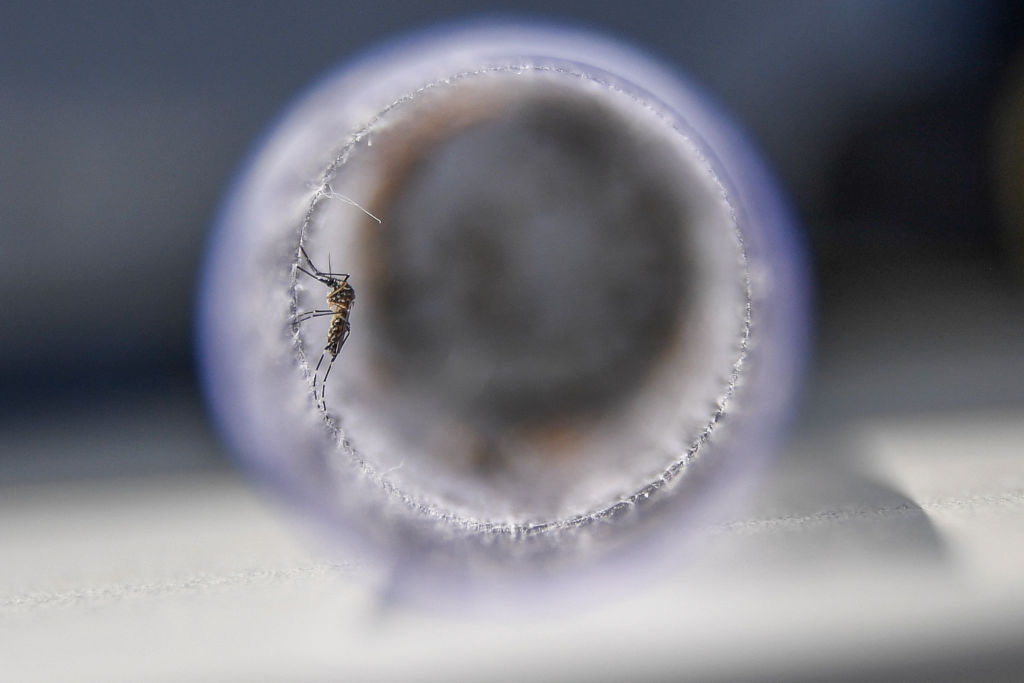The U.S. Food and Drug Administration (FDA) has recently authorized a new vaccine for the prevention of chikungunya virus infection. This single-dose vaccine, named Ixchiq, is designed for individuals at a higher risk of viral exposure. Reports from US News & World Report indicate that this mosquito-borne virus has become a significant global health concern, with over 5 million documented cases spanning 15 years. The virus is frequently transmitted in tropical regions, such as parts of Africa, Southeast Asia, and the Americas, due to the impact of climate change.
The Centers for Disease Control and Prevention (CDC) states that chikungunya was not a concern for Americans returning from overseas until 2006. However, the virus was detected in several hundred US tourists from 2006 to 2013.
Ixchiq, the vaccine developed the French biotechnology company Valneva, has received “accelerated approval” from the FDA due to the severity and potentially fatal complications of chikungunya. The vaccine is recommended for individuals at higher risk of acquiring the virus who are at least 18 years of age.
The virus first appeared in the U.S. in late 2014 and has thrived in milder climates, including those found in states like Florida, Texas, Puerto Rico, and the US Virgin Islands. According to Dr. Peter Marks of the FDA’s Center for Biologics Evaluation and Research, elderly individuals and those with underlying medical conditions are at a higher risk of complications from Chikungunya.
The recent approval of the Chikungunya vaccine Ixchiq the FDA has been met with optimism from health experts, who hope that this step could help combat the viral disease for which there are currently no available treatments.
Chikungunya is characterized symptoms such as fever, joint discomfort, headache, muscular pain, and a rash, with severe joint pain potentially lasting for years. Additionally, chikungunya may pose a potentially fatal risk to infants. The Ixchiq vaccine consists of a live, attenuated strain of the virus, which can induce symptoms similar to those of a genuine infection.
The FDA has mandated a post-marketing investigation to monitor the vaccine for potentially severe adverse effects. The vaccine’s approval studies revealed some adverse effects, including headache, joint and muscle discomfort, fever, injection site tenderness, and fatigue. However, only a small percentage of vaccine recipients experienced severe adverse reactions requiring medical intervention, with an even smaller number requiring hospitalization.
As health officials and experts continue to emphasize the importance of protecting against infectious diseases, the authorization of Ixchiq marks a significant advancement in addressing the threat of chikungunya on a global scale. Hence, the recent FDA approval of Ixchiq is seen as an essential step in addressing an unmet need for preventing the debilitating effects of chikungunya, potentially protecting millions of individuals from the virus.

